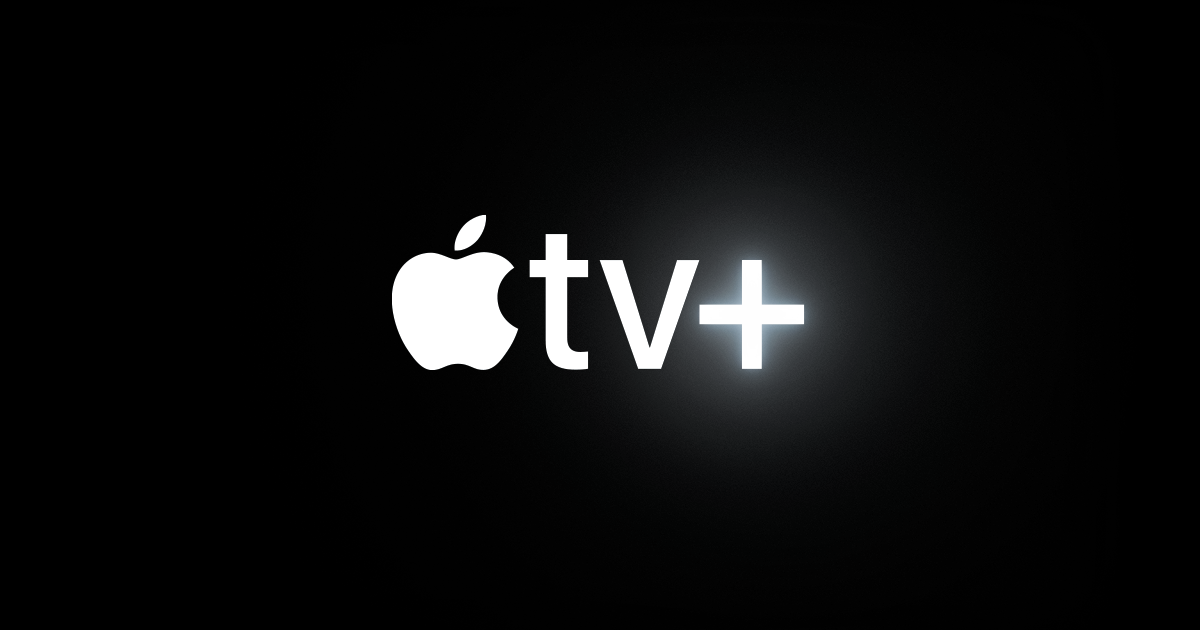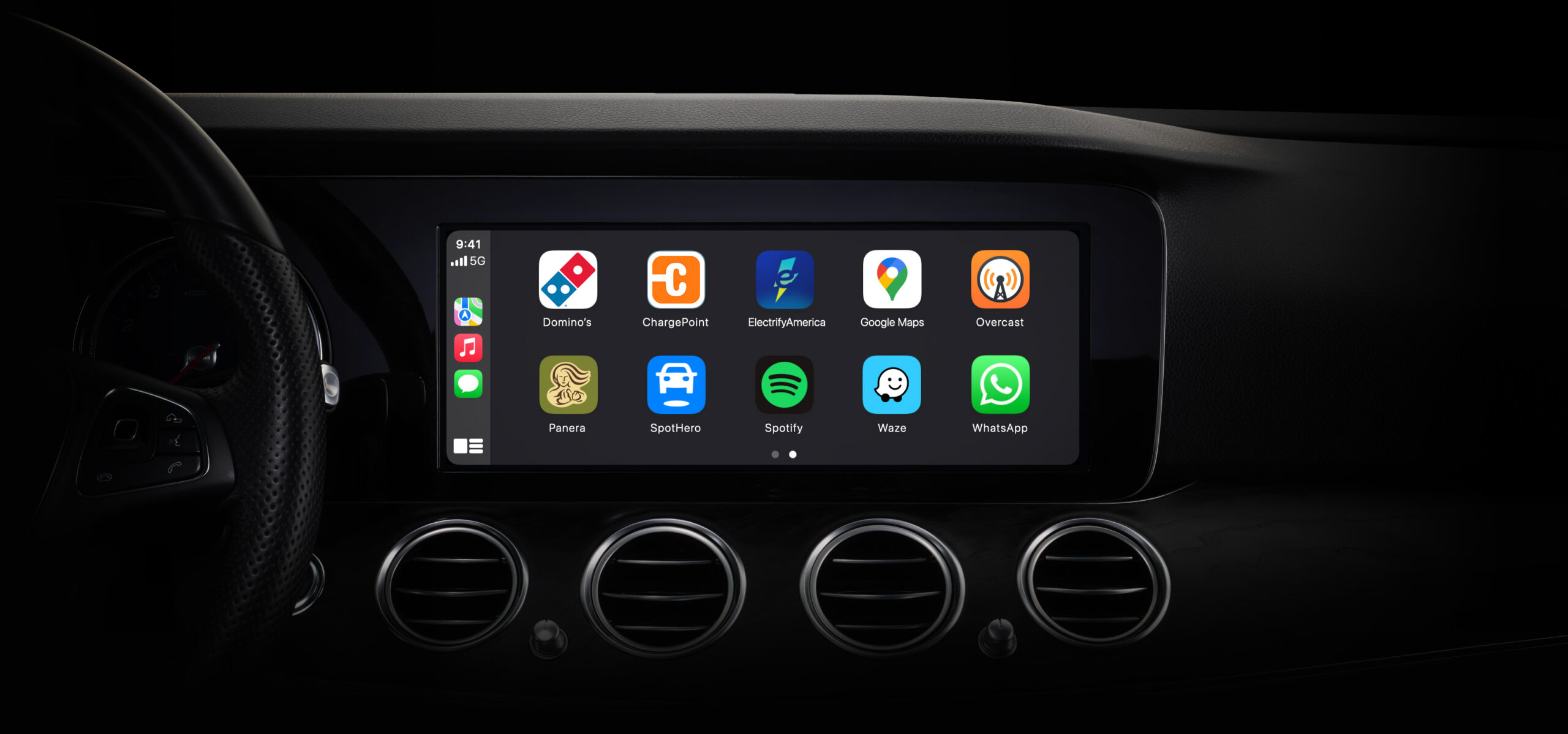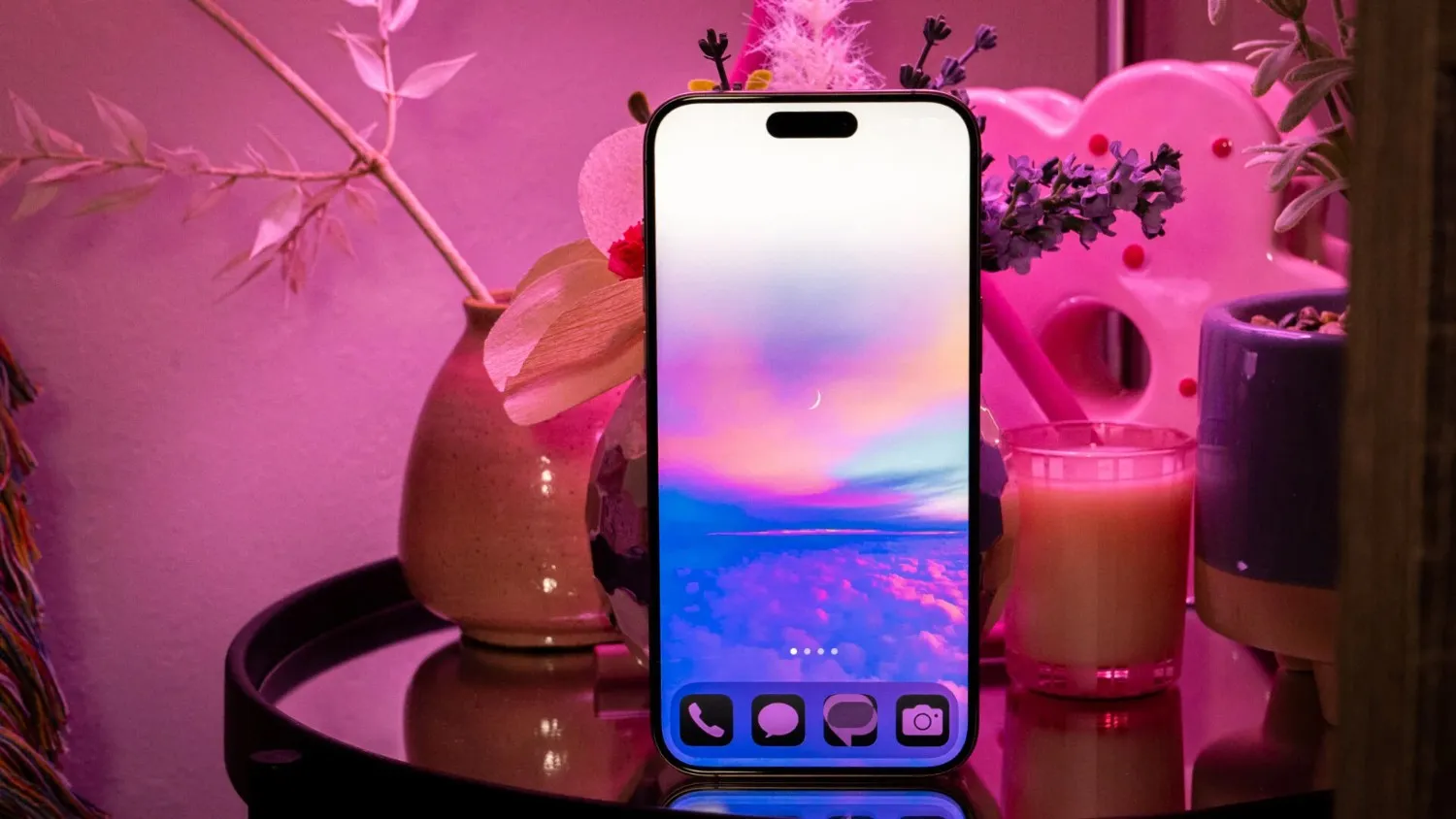U.S. President Donald Trump has urged Apple to stop making iPhones in India and return production to the United States. His statement, posted on Truth Social, followed a report about Apple increasing iPhone manufacturing in India. Trump criticized the move and said that under his leadership, Apple would be told to “build in the USA.” Apple has been slowly shifting its production outside of China, with India becoming a key location.
Meanwhile, Apple is preparing iPhone users in the European Union for major changes to the App Store, which will come with iOS 17.5. Under the new Digital Markets Act (DMA), Apple must allow users to download apps from sources other than the App Store. This means users in the EU will see a warning when trying to use third-party app stores or payment systems. Apple says these alerts are meant to protect users from potential security risks, like scams or harmful apps.
The changes are only for users in the EU, and Apple plans to launch these updates with the release of iOS 17.5. Outside the EU, the App Store rules will stay the same. These developments show how Apple is navigating both political and regulatory pressure, balancing U.S. demands to move production and EU rules that force it to open up its app ecosystem.




